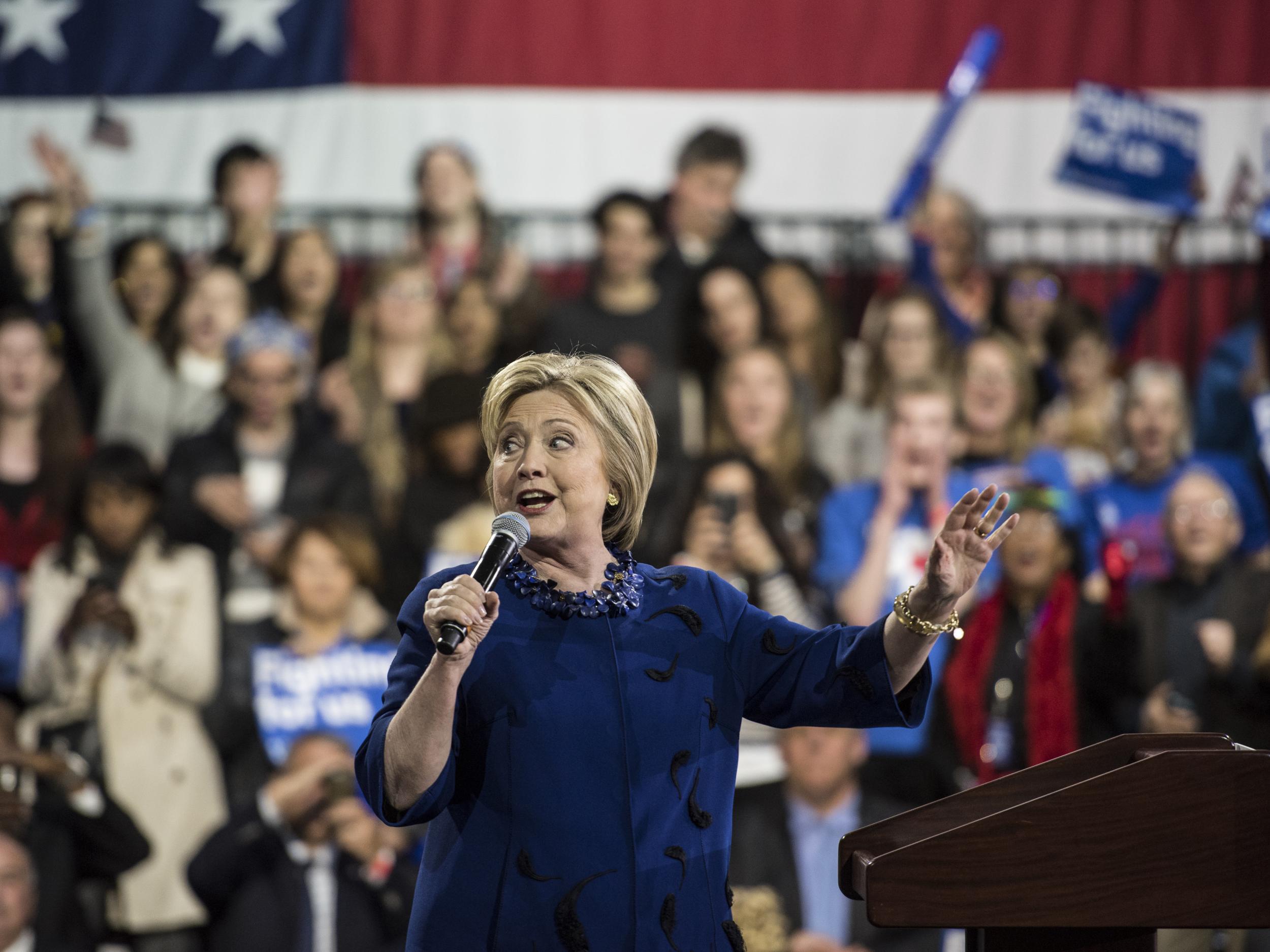The divide between globalisation’s winners and losers
The old divide was between left and right - the new divide is between winners and losers from globalisation and technology

What happened on Super Tuesday confirmed something amazing about modern democratic politics, the full implications of which voters and the media have been very slow to grasp: the old tribal allegiances are becoming redundant, and the main moral and intellectual divisions are within parties rather than between them.
In Britain and America, both main parties – what used to be called left and right – are split. That this is the condition of four political parties spanning the ideological spectrum and across two continents shows we are not in the realm of coincidence here. Something deeper is going on.
Donald Trump will soon be the Republican candidate. But his party’s conservative establishment despises him and his world-view. The feeling is mutual. Meanwhile, Hillary Clinton has just about stemmed a tide of support for Bernie Sanders, the radical socialist from Vermont.
Over here, Jeremy Corbyn, Sanders’ ideological bedfellow, leads a pathetically divided Labour Party. And in case you hadn’t noticed, civil war has again broken out among the Tories, over Europe. Before that, millions of previously Tory-inclined voters (and many Labour ones) flocked to Ukip, disgruntled by the alleged takeover of their party by a metropolitan elite.
Are there factors that can explain why the same thing is happening to such different political movements? My answer is: yes.
All successful parties are coalitions. Broadly speaking, most tend to be a coalition between richer, better educated, socially liberal types and poorer, less educated and more socially conservative types. This is a crass generalisation but it contains truth. For instance, Labour was always a mixture of unionised working classes and donnish leftists (often from north London). To acquire power, you have to hold these coalitions together. Tony Blair was expert at that.
But now the coalitions have been ripped asunder by the two massive economic forces spreading, virus-like, through the world: rapid globalisation (which includes high levels of migration) and technological innovation. This is destroying whole industries and all the old certainties about life. For poor people in the rich world, especially those who live in small towns unconnected to the new concentrations of capital, it is spreading fear and poverty.
The old divide was between left and right. The new divide is between winners and losers from globalisation and technology. In other words, between the well educated and the uneducated; the urban and the rural. Our political structures are hopelessly out of sync with this change. It may take a bloody rupture for them to catch up. Is that bloody rupture called President Trump?
Join our commenting forum
Join thought-provoking conversations, follow other Independent readers and see their replies
Comments
Bookmark popover
Removed from bookmarks